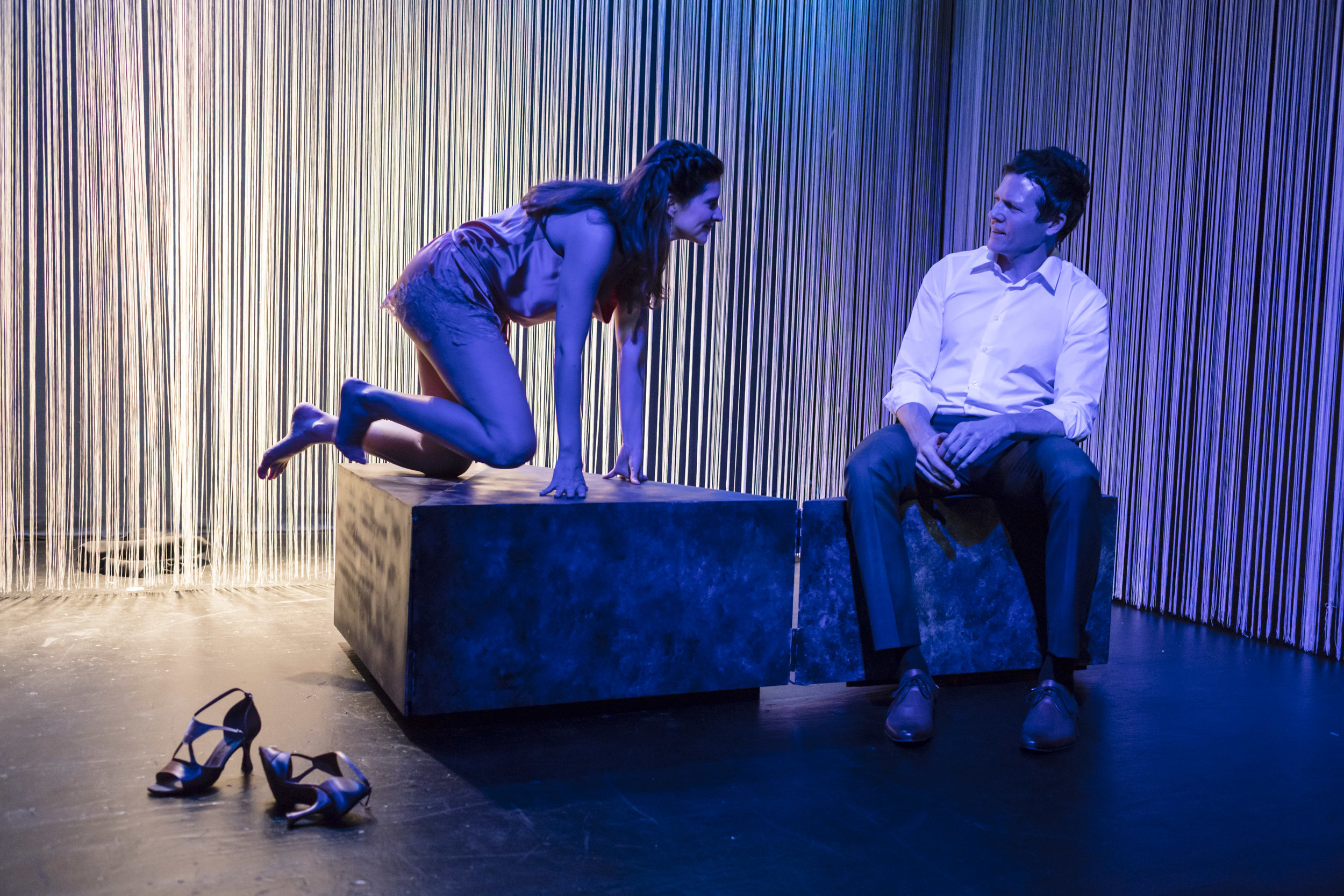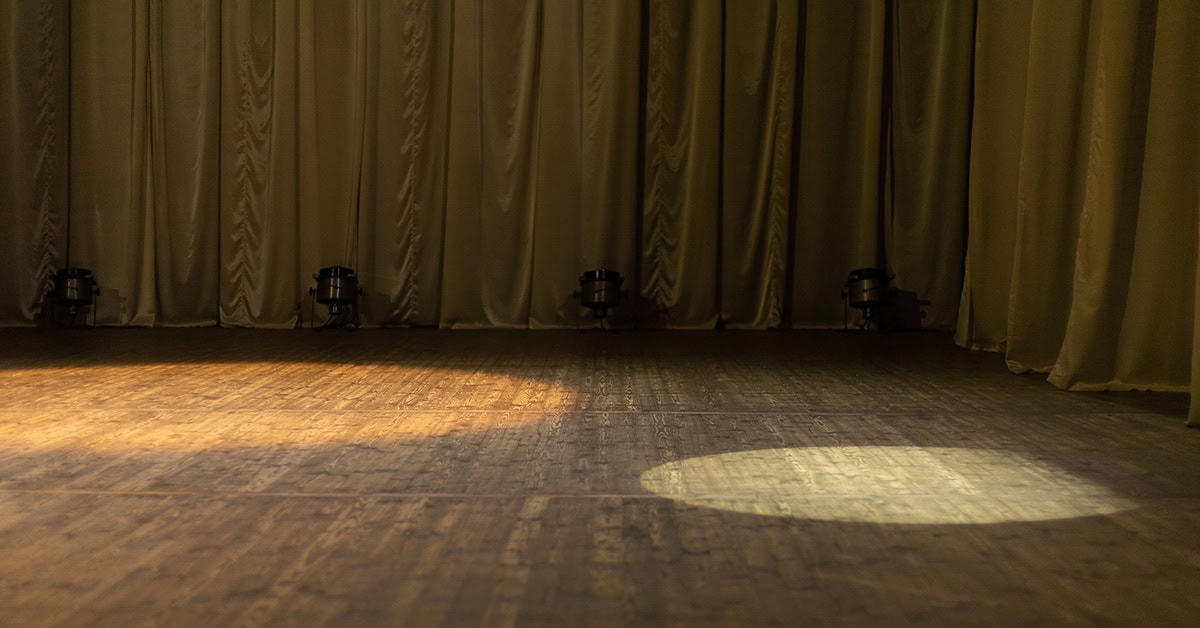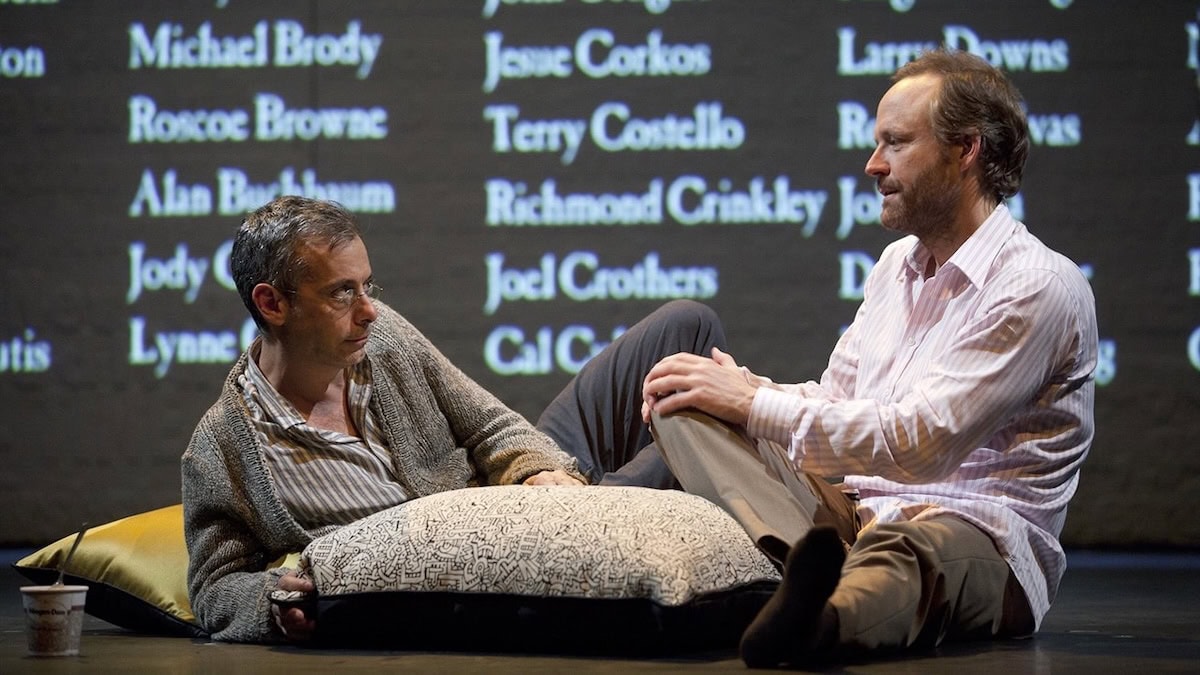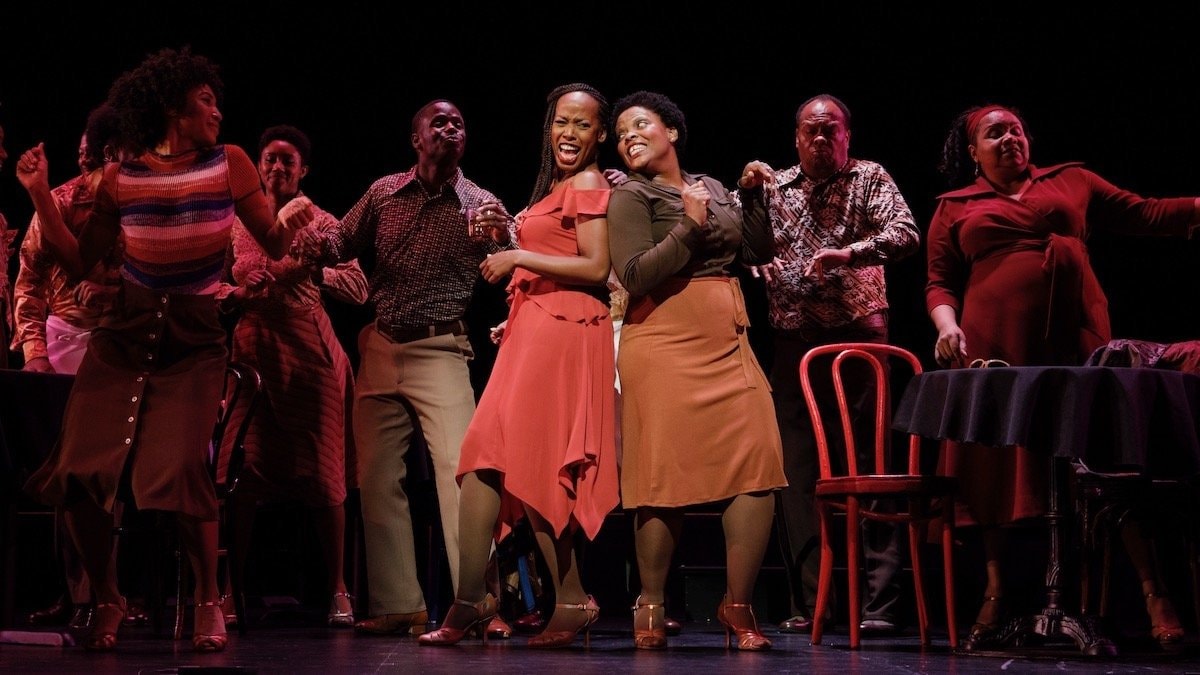
Tomorrow in the Battle beautifully highlights society’s struggle to find harmony between how isolated we seem to feel and society becoming increasingly interconnected. The characters of Anna, Simon, and Jennifer delve into this story in seeming vacuums of their own monologues, yet the repercussions of their words irrevocably affect all of their lives.
Kieron Barry’s exquisite, poetic text pulls us through a story about what lengths we are willing to go to to be truly heard and seen. Each character is so perfectly and realistically flawed that the ride is both cathartic and cringe-worthy. As a listener, we can’t help but think, “You can’t say that out loud!” while simultaneously thinking, “I’ve had that exact thought.”
Strangely, the more these voiced inner monologues interweave our protagonists’ fates together, the more desperately lonely and unraveled they become. The more honest they are with themselves, the less honest they become with everyone else.
This battle is not just one to be fought by Anna, Simon, and Jennifer, but also by the producer and director of this play. It was seven years between my first being introduced to this play (when I was cast in the LA reading), and this fall’s NYC premiere production. Over the years, I would often catch myself thinking of this play while watching a dance performance or listening to a piece of music — and I’d think there’s something of Tomorrow in the Battle being told here. I knew this project would require a skilled director (Tana Sirois) and dedicated cast (Ruth Mahala Sullivan, Patrick Hamilton, and Allison Threadgold) who would be up for the prospect of digging into all the questions posed by this play. With almost no stage directions in the script, the options are dauntingly limitless.
When is it taking place? Has this story already happened from beginning to end and all the characters are retelling their perspectives from an omniscient future place? Or are they in each present moment as it happens and unaware of how it will ultimately unravel for them? Despite the monologue format, there’s an inherent desire as an actor to find ways to connect physically and emotionally with the other actors onstage. How to do that without it feeling heavy-handed and unjustified?
As a team, we spent a massive amount of time on these questions and focused much of our rehearsals on exploration through Grotowski-inspired movement work and improvisation to find the layers of the relationships between the three complex and struggling characters.
Ultimately, Tomorrow in the Battle proved to be the perfect play for Stripped Scripts’ first fully-staged production. With a mission to focus on the words of a play versus costuming and elaborate sets, the monologue format of this play, with stories that grow in interwoven courses, truly embodied our ethos. This particular play’s discerningly precise language and epic imagery allowed us to stage the piece in a stark-yet-malleable space. Our set designer (Chika Shimizu) focused on the notion of memory, and our lighting designer (David Shocket) created illusions switching from the overwhelming feel of solitude to that of momentary connection. We also had the great fortune of partnering with an incredibly talented composer (Jonathan Sanford) who created a delicate and haunting original score that put the finishing touch on this production.
Our battle is over, but the struggle of society’s quest for true connection will remain to be ought on, tomorrow and the next day, by the characters on the stage and the rest of us in our own lives.
To purchase a copy of Tomorrow in the Battle, click here, and to learn more about licensing a production, click here.

Recommended Shows for Drama Festivals

The Truth Behind… The Normal Heart

